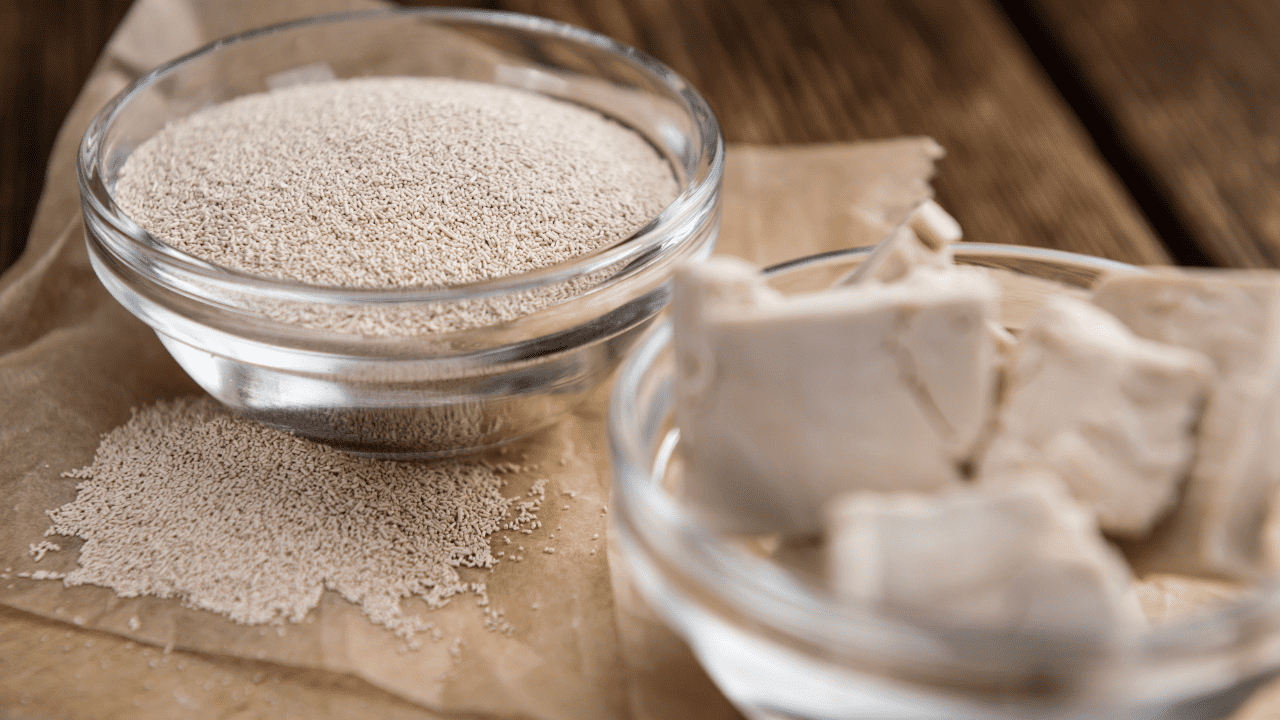

L-carnosine is a dipeptide of the amino acids alanine and histidine.
This molecule has been studied for its effects on aging, inflammation, and different neurological disorders.
It also affects glucose metabolism in the brain by reducing neuroglycopenia (low blood sugar) which can lead to cognitive impairment.
L-Carnosine has potential benefits but it also causes side effects that may be dangerous for some people with certain conditions or medical conditions.
In this article, I'll discuss what L-Carnosine is used for and how it affects the body as well as its possible risks and side effects so you can make an informed decision about whether or not to take this nootropic.
So without further ado, let's just get straight into it, shall we?
First things first, what is L-Carnosine exactly?
As mentioned above, L-carnosine is a dipeptide of the amino acids alanine and histidine.
A dipeptide is a compound made of two amino acids.
Carnosine is produced naturally in the body and is believed to be found in the highest concentrations within muscle tissues.
As we age, our carnosine levels decrease.
The reason for this slowdown isn't entirely understood but there are several hypotheses out there such as oxidative stress interfering with its biosynthesis.
When carnosine is ingested through food, it has very low bioavailability (meaning only a small amount of what you eat will be absorbed) and can't cross the blood-brain barrier.
The human body doesn't produce enough carnosine to meet its needs therefore supplementation may be necessary for some people.
This is where L-carnosine comes into play.
L-carnosine can be synthesized from the dipeptide carnosine, which itself is made up of L-alanine and histidine.
How does L-carnosine work in the brain and body?
L-carnosine works by influencing the brain's neurotransmitters and it also interacts with other molecules in our body.
First, let's talk about glutamate as you'll see L-Carnosine mentioned alongside this important excitatory neurotransmitter a lot.
Glutamate is present throughout different parts of the nervous system but its levels are especially high within the brain where it is involved in several processes.
One of the main roles glutamate plays within the body is to stimulate nerve cells and regulate neuronal excitability.
This means that your neurons are capable of communicating with each other by transmitting electrical impulses between them.
If glutamate levels become too high, or too low, this can lead to neurological conditions such as seizures or they may contribute to neurodegenerative diseases.
L-Carnosine helps protect against glutamate toxicity which is why it's often used for diseases such as Alzheimer's where this neurotransmitter has been found to be elevated.
It does so by increasing the brain's levels of GABA, an inhibitory neurotransmitter that reduces neuronal activity and acts as a natural tranquilizer in our bodies.
L-Carnosine also affects other neurotransmitters such as dopamine and serotonin.
It works by slowing down their rate of degradation which means they can stay in your system for longer periods of time.
This is especially important with dopamine as this neurotransmitter plays an important role in cognitive function but also affects mood, memory, and learning abilities.
Studies have shown that L-Carnosine can positively affect these neurotransmitters by increasing their availability within the body (i.e preventing degradation) which ultimately helps your cognitive function.
In addition to affecting neurotransmitters, L-carnosine also interacts with other molecules such as glycation which is a chemical reaction between proteins and sugars in the body that can lead to harmful effects on cells over time.
What are the benefits of L-carnosine when used as a Nootropic?
When L-carnosine is used as a Nootropic, the main benefits you'll experience are improved cognition and memory.
L-carnosine can improve your overall working memory, attention span, mental clarity & focus, and reduce fatigue during extended periods of studying/work.
Studies have also shown that L-Carnosine plays a part in promoting neurogenesis which is the growth of new neurons and the connections (synapses) that allow them to communicate with each other.
It can also enhance your long-term memory by stimulating NMDA receptors which are responsible for encoding experiences into memories as well as increasing serotonin levels in the brain, a neurotransmitter involved in mood regulation and happiness.
L-carnosine can also act as an antioxidant which means it reduces oxidative stress (damage) in the body.
This is important because research has shown that chronic inflammation increases your risk of developing age-related cognitive decline and neurodegenerative diseases like Alzheimer's.
As you can see L-carnosine has many important functions within the body and brain which is why it's often used as a Nootropic to promote cognitive function.
Does it have any negative side effects?
In terms of side effects, the only one that has been reported is a mild headache.
If you want to avoid headaches while taking L-carnosine, I recommend stacking it with a choline source (like Alpha-GPC).
Choline works by increasing acetylcholine levels in the body, a neurotransmitter responsible for communication between your brain cells and muscles (including memory functions).
When choline levels are low, the brain cannot properly produce acetylcholine which is why you experience "brain fog", headaches or poor memory function.
Other than that, L-carnosine is a very safe nootropic and has been used for decades without any reports of serious side effects.
What's the best L-carnosine dosage?
When it comes to the best L-carnosine dosage, it depends on your goal.
If you're looking for an effective Nootropic that enhances cognition and memory function then a daily dose of 1000 mg is all you need.
In terms of stacking with other nootropics such as Alpha GPC or CDP Choline, I recommend taking 500 mg of L-Carnosine once or twice per day.
Once you've determined your dosage, I suggest splitting it into two separate doses (e.g morning and afternoon) to avoid building up too much in the body at one time which can potentially cause headaches/jitters.
In Summary
L-carnosine is a safe amino acid that promotes cognitive function.
When used as a Nootropic, L-carnosine can improve your memory & learning ability by increasing neurotransmitter levels in the brain and acting as an antioxidant to reduce oxidative stress over time.
It's also very effective at treating age-related neurodegenerative diseases like Alzheimer's.
If you want to avoid side effects, such as headaches, I recommend stacking it with a Choline source like Alpha-GPC or CDP Choline which will help prevent any side effects from occurring.
The most effective dosage of L-carnosine is 1000 mg per day used in two separate doses (e.g morning & afternoon).
FAQ
What is L-carnosine used for?
L-carnosine is used for a wide range of things, but it's most commonly used as a nootropic. It works by crossing the blood-brain barrier and increasing neurotransmitter levels in the brain, leading to improvements in memory & learning.
When should I take L-carnosine?
The best time to take L-carnosine is between meals, usually once or twice per day. This will allow it to absorb more effectively without the presence of food which could potentially prevent any absorption from taking place at all (nutrient blocking).
How long does L-carnosine take to work?
L-Carnosine works 15-30 minutes after you've taken your first dose, and the effects will continue to increase over time as your body gets used to it.
What is the difference between L-carnitine and L-carnosine?
Carnitine, like carnosine, is made up of amino acids. Carnitine is generated from lysine and methionine, whereas carnosine is produced from alanine and histidine.
Is L-carnosine the same as zinc?
No, zinc is a mineral that's required in trace amounts whereas carnosine is an amino acid made up of two amino acids (alanine & histidine).
Do I need to cycle L-Carnosine?
I recommend taking L-carnosine for at least a month (500mg to 1000mg daily) before cycling to assess whether or not you're experiencing any benefits from using it regularly.
How long does L-carnosine stay in your system?
L-Carnosine is eliminated by the kidneys and usually stays in your system for around 6 hours. If you take it in the morning, your body will have eliminated most of it by the time evening comes around.
Is L-carnosine safe to use long-term?
Yes, L-Carnosine is very safe when taken at regular dosages (500mg to 1000 mg once or twice a day) for prolonged periods of time.
source https://nootropicology.com/l-carnosine/

No comments:
Post a Comment